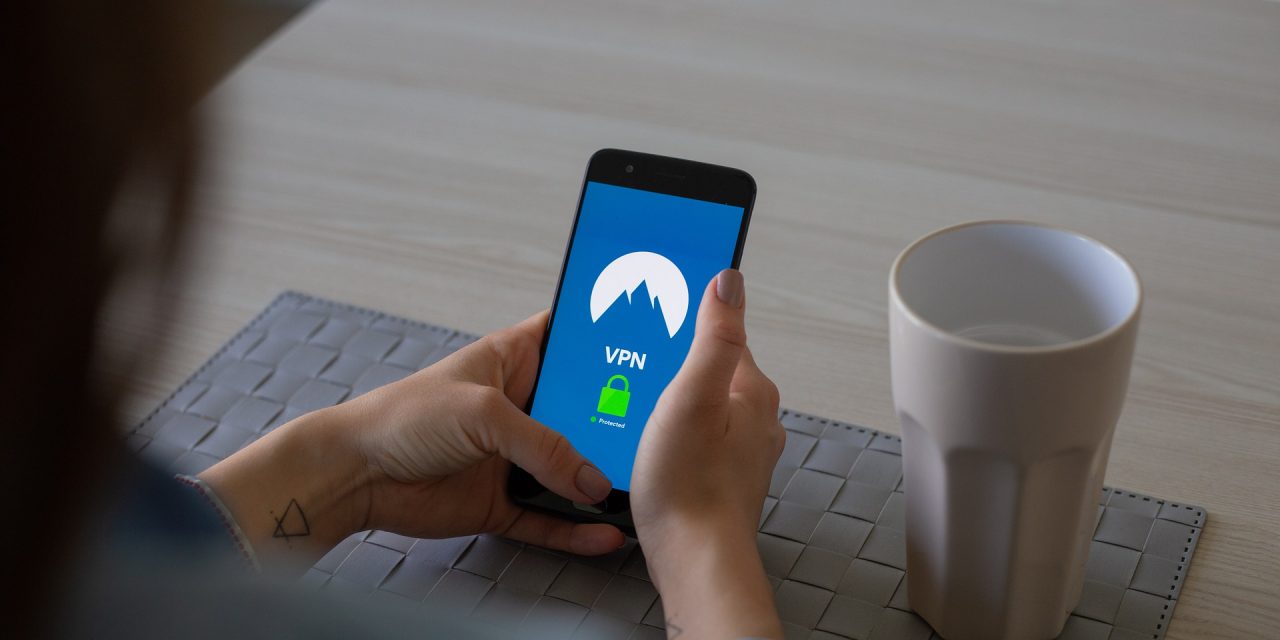Image by Stefan Coders from Pixabay
Hopefully, you haven’t had the nightmarish inconvenience on your Android from viruses and malware, which have plagued many users.
Countless headlines detail the cyber dangers associated with Android-based devices. However, don’t for a second assume you’d be safer with an iPhone. Cyber criminals chew up Apple products, too.
It’s vital to avoid the applications that hurt your Android’s software with exposure to viruses and malware.
Here are five tips:
1. Do your research before installing apps
Just because you see several promotional messages for an app doesn’t mean it’s a good idea. Advertising scams are skyrocketing.
Four example, advertising scams that prey on Internet consumers have prompted four Internet companies to band together to fight the abuse.
The scams use harmless-looking ads to trick consumers into using phony tech support that actually enable cybercriminals to invade the unsuspecting owners’ devices.
So avoid advertising scams that trick you into asking for tech support.
Meantime, if you’re uncertain of the source for any of the apps, remember the phrase: “When in doubt, don’t.”
2. Install only from Google Play
Avoid the myriad of online download locations. Avoid the temptation to install free apps. For the safest downloads, use Google Play.
3. Prevent installation with the lock system
Uncheck “install from unknown sources.” Your Android should have access to Google Play. It should also have a locking mechanism that prevent apps from downloading on your phone.
In your settings, enable “verify apps from unknown sources.”
4. Read the fine print
You must check out the permissions. Even if you download from Google Play, the app will proclaim permissions. That means permissions to your phones other options.
Such accessibility is important for certain apps, but be sure to read the reasons for the access.
5. Install an anti-virus software
Downloading apps from Google Play isn’t a 100 percent guarantee of safety, despite Google’s precautions. So to be sure, install a reputable anti-virus software.
From the Coach’s Corner, here are more mobile security tips:
Security Steps for Your Mobile Device in Online Banking, Purchases — Almost 90 percent of Americans use a cell phone and more than 50 percent have smartphones, according to published reports. They also indicate 28 percent of smartphone owners use their devices for online banking.
Tips to Prevent Hacking of Your Bluetooth — Bluetooth technology, of course, allows you freedom when talking on your cell phone. But you’ll lose other freedoms if you don’t prevent scammers from exploiting your system via a trend called “bluebugging.” Beware, cybercriminals using software, are able to intercept your Bluetooth signal to hack into your phone.
8 Tips to Avoid Being Victimized by Phishing Scams — Despite all the publicity about phishing scams, even employees at a major health provider and university system are guilty of risking personal data, including medical information and Social Security numbers, for thousands of people.
Do BYOD Headaches Outweigh Benefits? Yes — More than half — 53 percent — of surveyed global businesses admit they’re not ready to defend against attacks on their employees’ bring their own device (BYOD) devices. Nearly all say their devices might have been attacked, according to a 2014 study.
“We’ve gotten to that perfect crossing point where all of the things which have prevented criminals from leaping into the wireless space have been eroded.”
-Gareth Maclachlan
__________






